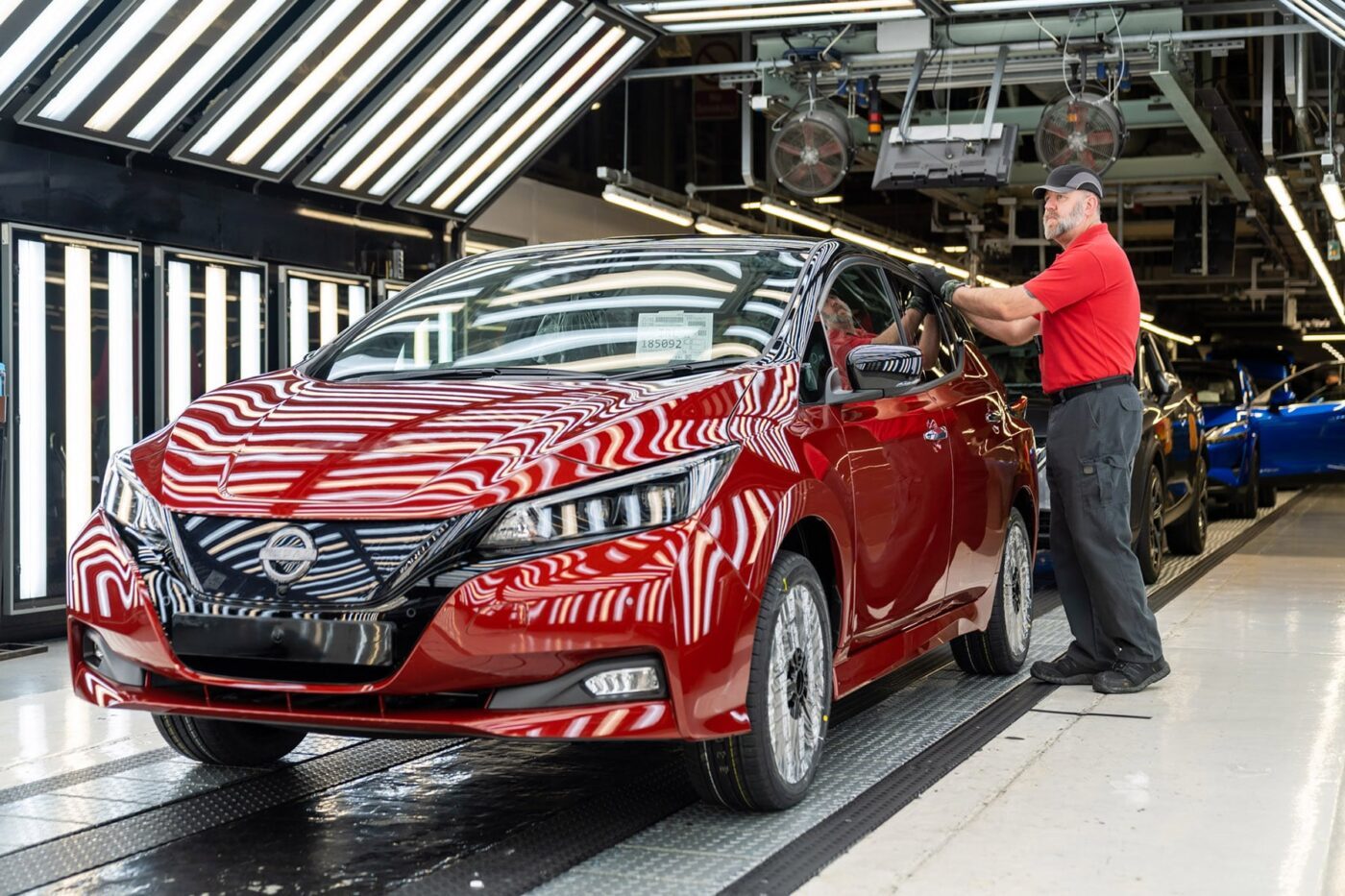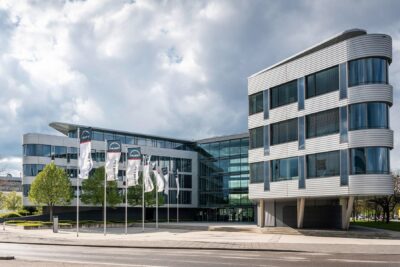Nissan cuts 20,000 jobs and refocuses EV strategy
According to the recently announced Re:Nissan restructuring plan, Nissan plans to reduce its workforce by a total of 20,000 employees between the financial years 2024 and 2027, which includes the previously announced reduction of 9,000 employees. The company will also close seven of its 17 production facilities worldwide as part of efforts to streamline operations and improve cost-efficiency across its EV and ICE business.
Nissan President and CEO Ivan Espinosa stated that the company must act urgently in light of challenging FY24 performance and inflationary pressures. The Re:Nissan plan seeks to restore profitability by FY2026, primarily by slashing fixed and variable costs by a combined 500 billion yen compared to FY24 levels.
A central pillar of the strategy involves reducing variable costs by 250 billion yen through aggressive engineering and supplier streamlining. Nissan has formed a transformation office of 300 experts empowered to enforce cost decisions. The company is reallocating 3,000 employees from advanced programmes to cost-efficiency initiatives and temporarily pausing non-priority product development beyond FY2026.
The supply chain will also see a major overhaul, with a push to consolidate volume among fewer suppliers while challenging outdated standards. This move is expected to improve resilience and simplify logistics, particularly for EV components.
On the fixed cost side, the 250-billion-yen target will be met through plant consolidation, job restructuring, and the cancellation of the planned LFP battery plant in Kyushu, which was already announced earlier this month. The carmaker also recently announced that it was closing its factory in Wuhan, China, which is operated by its Chinese partner Dongfeng.
From a product and R&D standpoint, Nissan is targeting a 70% reduction in parts complexity and will cut its platform architectures from 13 to seven by 2035. These changes are expected to reduce average engineering costs per hour by 20%. Vehicle development cycles will be shortened to 37 months for lead models and 30 months for subsequent variants.
The company is also redefining its global market approach to focus engineering resources on core markets. The US, China, Japan, Europe, the Middle East, and Mexico are deemed strategic hubs. For example, Nissan plans to expand NEV offerings in China and introduce more B- and C-segment electric SUVs in Europe. The Infiniti brand will receive renewed attention, especially in North America, with several hybrid and EV offerings in the pipeline. Nevertheless, the carmaker also recently scrapped three EV projects and pushed back the production schedule of two electric crossovers for the North American market. The model codenamed PZ1K is now scheduled to enter production in January 2028, roughly a year later than initially planned. The planned sibling model from Infiniti, codenamed PZ1J, is expected to roll off the production line from May 2028 – with a delay of around four months.
Strategic partnerships remain critical to Nissan’s revised product strategy. Projects with Renault and Mitsubishi Motors include a new BEV for Mitsubishi for the North American market that is based on the next-generation Leaf. And Renault France will build a fully electric version of the Nissan Micra, as it share the same platform as R5.
Meanwhile, cooperation with Honda in electrification and vehicle intelligence continues, even though talks about a possible merger failed.





0 Comments